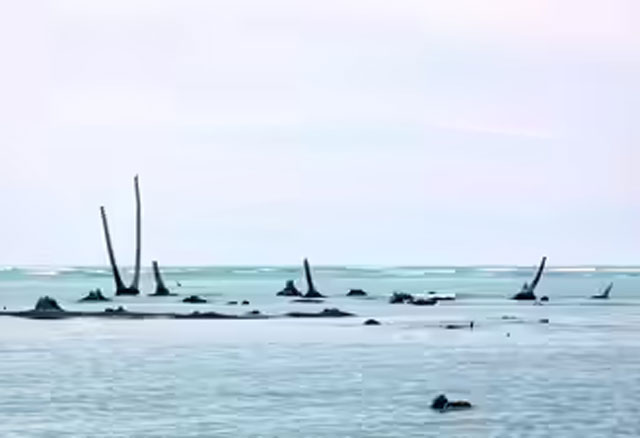Daijiworld Media Network - Panaji
Panaji, Oct 16: The Indian Ocean remains the least studied among the world’s major oceans, revealed Dr. Sunil Kumar Singh, Director of the CSIR-National Institute of Oceanography (NIO), during the GEOTRACES scientific meet being held at Dona Paula from October 15 to 17.
“It is vast, covering nearly 71 million square kilometres, and understanding its dynamics is crucial to assessing its overall health and environmental challenges,” said Dr. Singh. He added that while NIO studies a major portion of the Indian Ocean, countries such as Japan and Australia focus on other sections.

Highlighting key research findings, scientists noted that most of the iron content in the Indian Ocean originates not from the atmosphere, as commonly believed, but from sediments and hydrothermal vents—natural underwater hot springs. However, the overall iron concentration remains lower than in other oceans.
“Iron is vital as it supports the growth of phytoplankton, which in turn sustains marine life and helps in the removal of carbon dioxide from the atmosphere,” explained Dr. Singh. “In certain regions with iron deficiency, artificial enrichment can help boost ocean productivity,” he added.
The researchers also observed that while lead pollution has decreased in many parts of the world, levels in the Indian Ocean remain relatively high, ranging between 150 to 160 picomolar.
The ongoing GEOTRACES conference has brought together scientists from 34 countries to discuss ocean health, pollutant migration, and the role of trace metals in marine ecosystems.
M. Ravichandran, Secretary of the Union Ministry of Earth Sciences, noted that the steering committee aims to assess whether macronutrients act as essential food sources for marine organisms or pose potential environmental challenges. “Each country studies a specific ocean to collectively understand how pollutants and nutrients circulate and affect global marine systems,” he said.
The meet underscores India’s growing contribution to global ocean research and the vital role of the NIO in advancing marine science from Goa’s coastal shores.